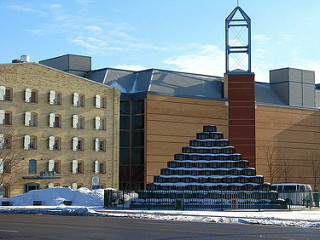From Jason Dyck’s Presentation Handout (Feb 27, 2019)
What is ORCID? ORCID stands for Open Researcher and Contributor iD. It is a free, open, and non-proprietary community-based registry of unique digital identifiers that was first launched in 2012. Each ORCID iD is a https URI with a 16-digit number(e.g. https://orcid.org/0000-0001-8157-0125) that distinguishes you from all other researchers. Unlike other author profiles, ORCID is not limited by organization, discipline, or geographic region.
Why is ORCID necessary? Scholars frequently change their names,institutions, and emails during their careers,making it difficult to distinguish between researchers with the same name. Having a digital identifier avoids misattribution of your work. An ORCID iD is also becoming increasingly necessary in the world of scholarly communication given that funding agencies and scholarly publishers are encouraging (or requiring) researchers to include their ORCID iD with their applications and manuscripts.
What are the benefits of having an ORCID iD? With a digital identifier you will get credit for all your work because your ORCID iD cannot be confused with other researchers. Your ORCID iD stays with you throughout your entire career and it helps to improve discoverability of your research activity. ORCID supports the interoperable exchange of datasets, allowing you to import information (and receive automatic updates) to save time on data entry and activity reporting. ORCID also allows you to control your privacy settings.









